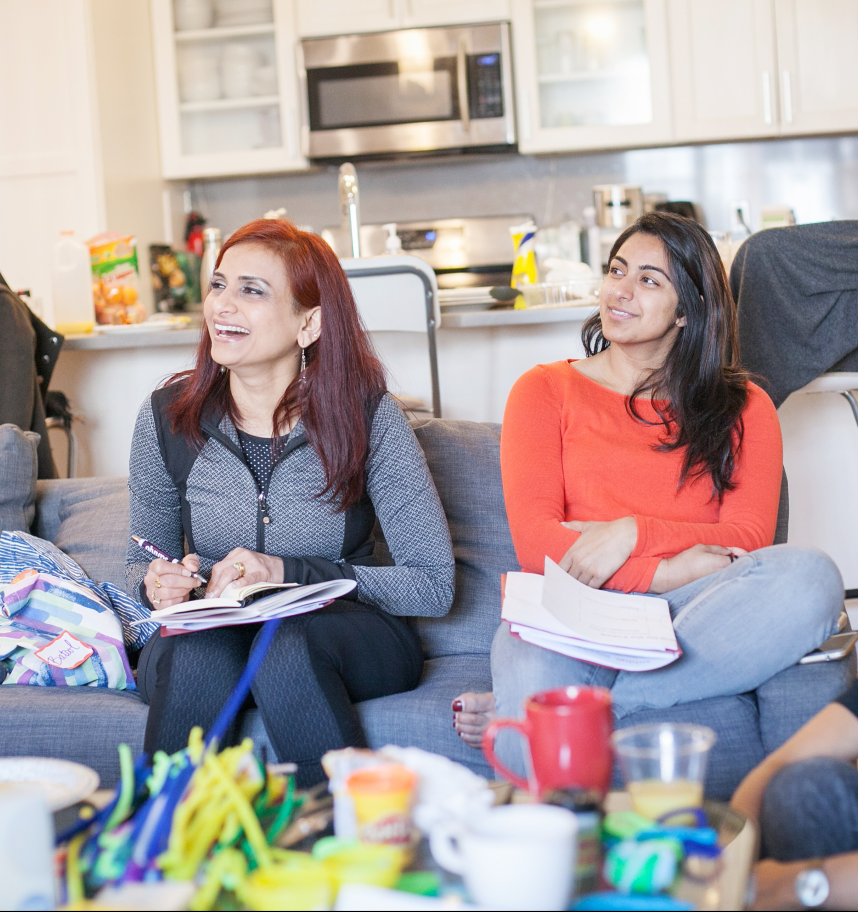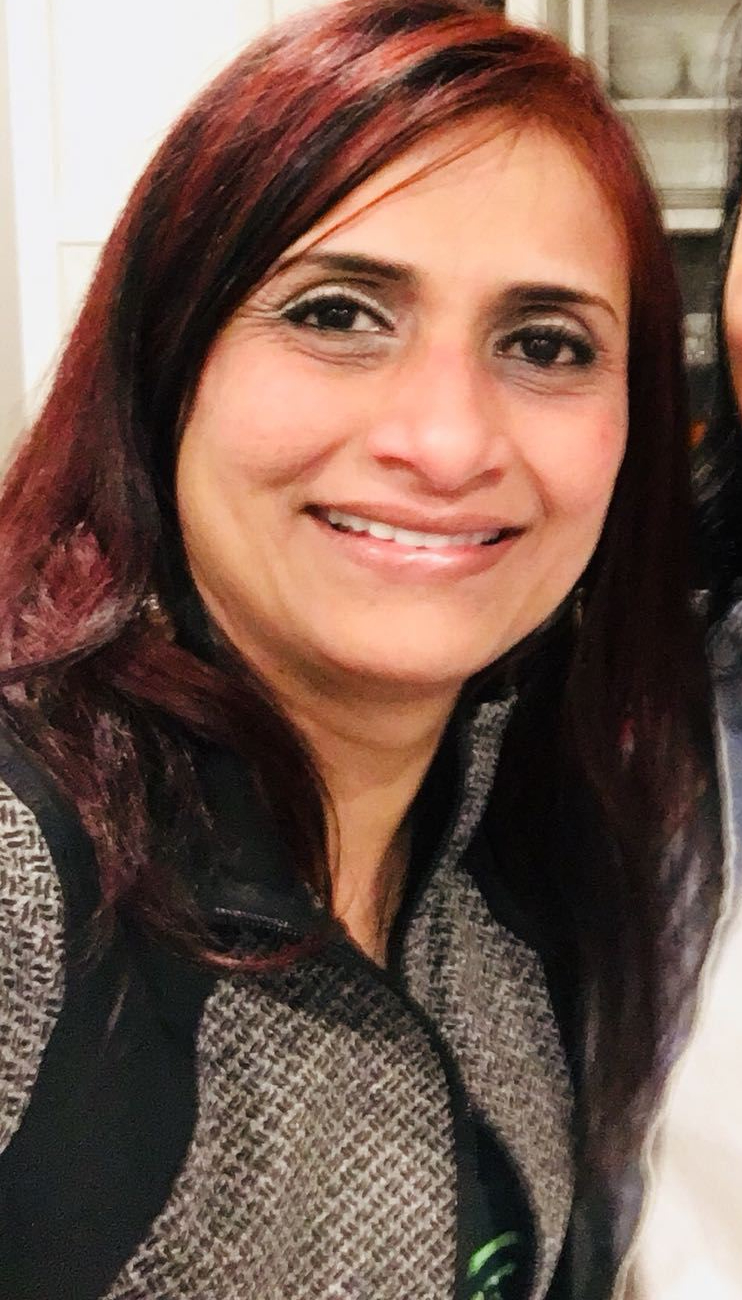By Rashida Rangwala
The practice of Female Genital Mutilation/Cutting (FGM/C) in the Bohra community has been a secret and taboo subject for generations. Even today with the education, media and public stories from the survivors who have undergone FGC, the Bohra community truly believes that the practice of FGC on 7-year-old girls is a religious mandatory passage and should be done to ensure future virtuous female behavior, meaning to ensure girls remain chaste until marriage (and not be sexually promiscuous). But, FGC is really not a religious requirement. It is a cultural practice that predates Islam.

I attended the Sahiyo retreat in January 2018 because I wanted to educate myself about the medical aspects of a girl undergoing FGC and to gain from the experience of other activists and survivors. At the Sahiyo retreat I was able to hear, grasp and digest information on FGC and how to approach and begin a conversation about FGC to the mothers and especially the fathers in the Bohra community who have young girls.
I am truly convinced that FGC is a barbaric practice and there is documented evidence of harm that is done both psychologically and physically to the girl child and adult woman. I found it shocking to learn that 80% of the 385 participants in Sahiyo’s study had undergone FGC and that 33-34% admitted that it negatively impacted their sexual lives. I want to see an end to this practice in my lifetime.
Sahiyo in collaboration with researchers, health professionals, and other FGC experts were able to create resources to help me in my own activism work to prevent FGC from happening to other girls. The brochures and guidance I received at the Activist Retreat has been invaluable in my work as an activist. The research findings from their global study on FGC in the Bohra community published in January 2017 gave me an education on FGC in terms of how widespread it is in the community, the physical and emotional consequences that occur to those who have undergone it, and to learn more about the challenges and barriers that occur in our work to end FGC, as well as best practices in how to try to overcome some of those challenges.
To learn more about the U.S. Bohra Activist Retreat, read the report!

